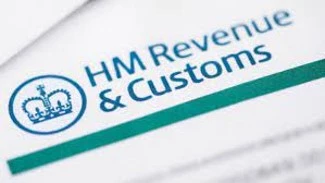5 Key Priorities to Stimulate SME Innovation
Kwasi Kwarteng, our new Chancellor of the Exchequer and reportedly a man with a surfeit of intellect and new ideas, has stated that he is pursuing a “radical supply side agenda”. This strategy is designed to rapidly drive growth, employment and wealth creation in the UK. He has set a target of 2.5% economic growth per year, from a base of zero net growth in the latest economic reports – a significant uptick.









